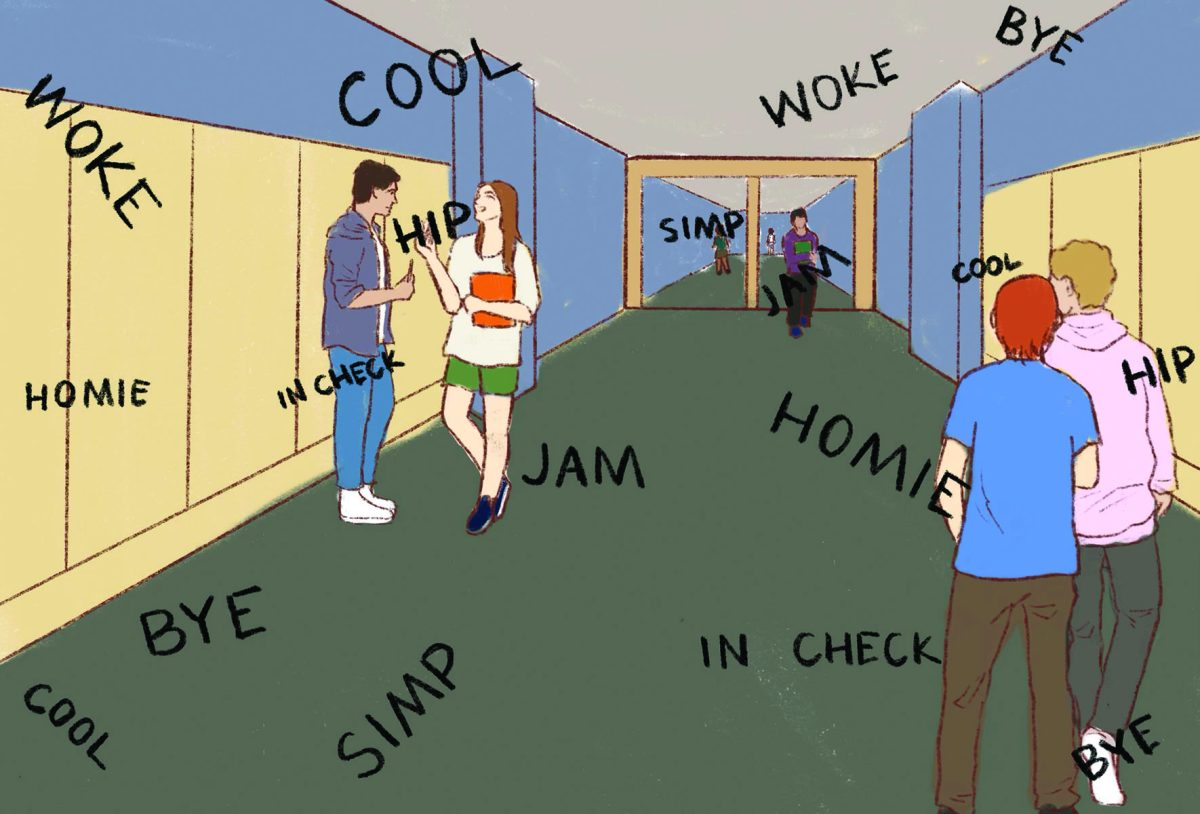A student might use the dismissive form of the word “bye” to express laughter at a text message, shock at a revelation or resignation from something disappointing.
What this student may not realize is that beyond being a parting remark or an internet term, some frequently used words like “bye” carry generations of history.
“Bye” is one of the numerous words part of African American English, also known as AAE, a variety of American English that combines standard English with linguistic traits developed by African Americans in colonial America.
African American Vernacular English, also known as AAVE, is an informal form of AAE that is not heavily influenced by standard English.
Every language develops an informal vocabulary that enriches the lives of people speaking it, which is sometimes called slang, said William Labov, retired professor of linguistics at the University of Pennsylvania.
According to Hiram Smith, associate professor of Spanish and linguistics at Bucknell University, AAE comes with its own set of rules and linguistic tendencies.
“[If] speakers are unaware of these rules, they are below the level of conscious awareness,” said Smith.“But the grammar system is in place and it’s a lock-and-key system. You can’t violate the rules.”
The question is whether there are authentic non-Black speakers of AAE, Smith said.
“Sometimes it is appropriating, and sometimes it is not,” said Smith. “But who gets to decide that? Is it the group that’s being appropriated, imitated, mocked, whatever you want to call it, based on the circumstances? But even those groups are not monolithic in their interpretation and analysis of how other people dress like them, try to talk like them, dance like them, be like them and so forth.”
AAE has a history dating back to colonial slavery, but there is still debate regarding the specifics of that history.
“Some people think that African Americans deliberately created their own form of English so that the plantation owners wouldn’t understand them when they spoke,” said Salikoko Mufwene, professor of linguistics at the University of Chicago.
Others say AAE is the way it is because it has a lot of influence from the African languages that enslaved Africans brought with them, Mufwene said.
According to Smith, despite the long history of AAE in America, the language variety is not acknowledged in depth in the American education system.
“We just have such an impoverished educational system that doesn’t teach us the true history of the country and the true nature of social interactions and language contact phenomena,” said Smith. “And you can’t know what you can’t know. You can’t know what you’ve never been told or what you’ve never had the opportunity to know.”


